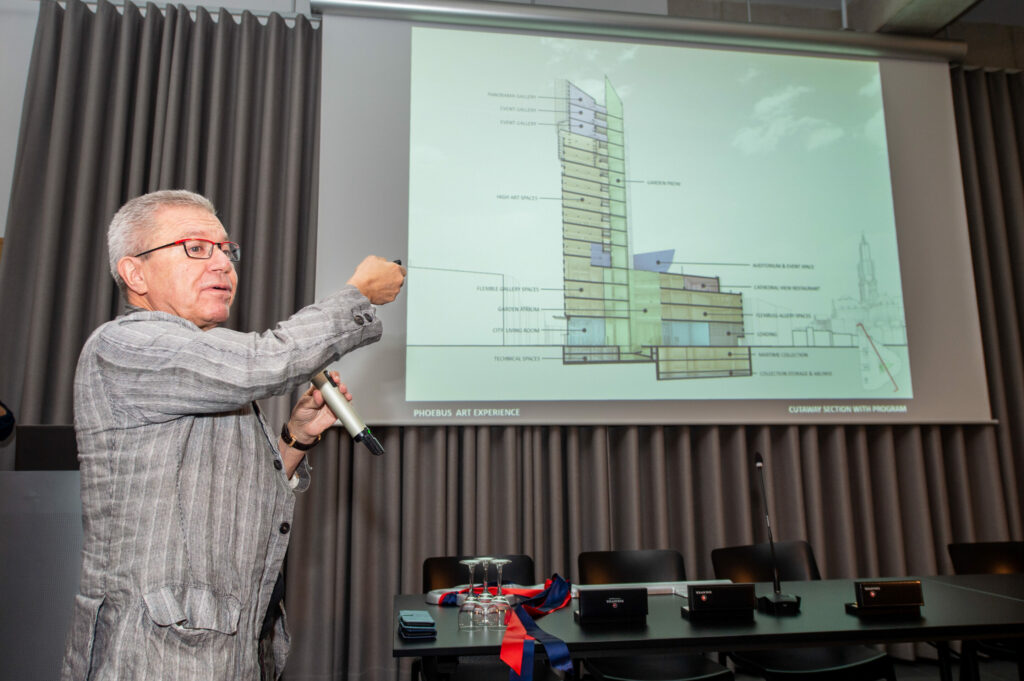BASF has conditioned the construction of a large CO2 capture plant in the port of Antwerp on government participation, writes L’Écho on Saturday.
De Tijd also reports this information through an interview with Jan Remeysen, CEO of BASF Antwerp.
“The final decision is expected by the end of the year. However, without a change in the economic climate or increased government support, the project might not come to fruition,” states Mr Remeysen.
The project, named Kairos@C, is a collaboration with Air Liquide. The two companies aim to establish a carbon capture and storage (CCS) chain, which involves capturing CO2 to bury it in depleted gas fields in the North Sea. According to the CEO of BASF Antwerp, this new plant represents an investment of more than one billion euros.
Nevertheless, the chemical industry, including BASF, is facing challenging times. For more than three years, the sector has been burdened by declining demand and massive imports of low-priced chemicals from China, the United States, and the Middle East. “Why expand your capacity if your facilities are not operating at full capacity?” asks Mr Remeysen.
The CCS plant project would allow BASF to reduce its CO2 emissions by one million tonnes per year, roughly a third of its total emissions. “We really want to realise this project, as it would quickly bring us closer to our climate goals. But even considering the savings on CO2 emission rights, we can no longer justify the project’s costs in the current context,” concludes Mr Remeysen.

